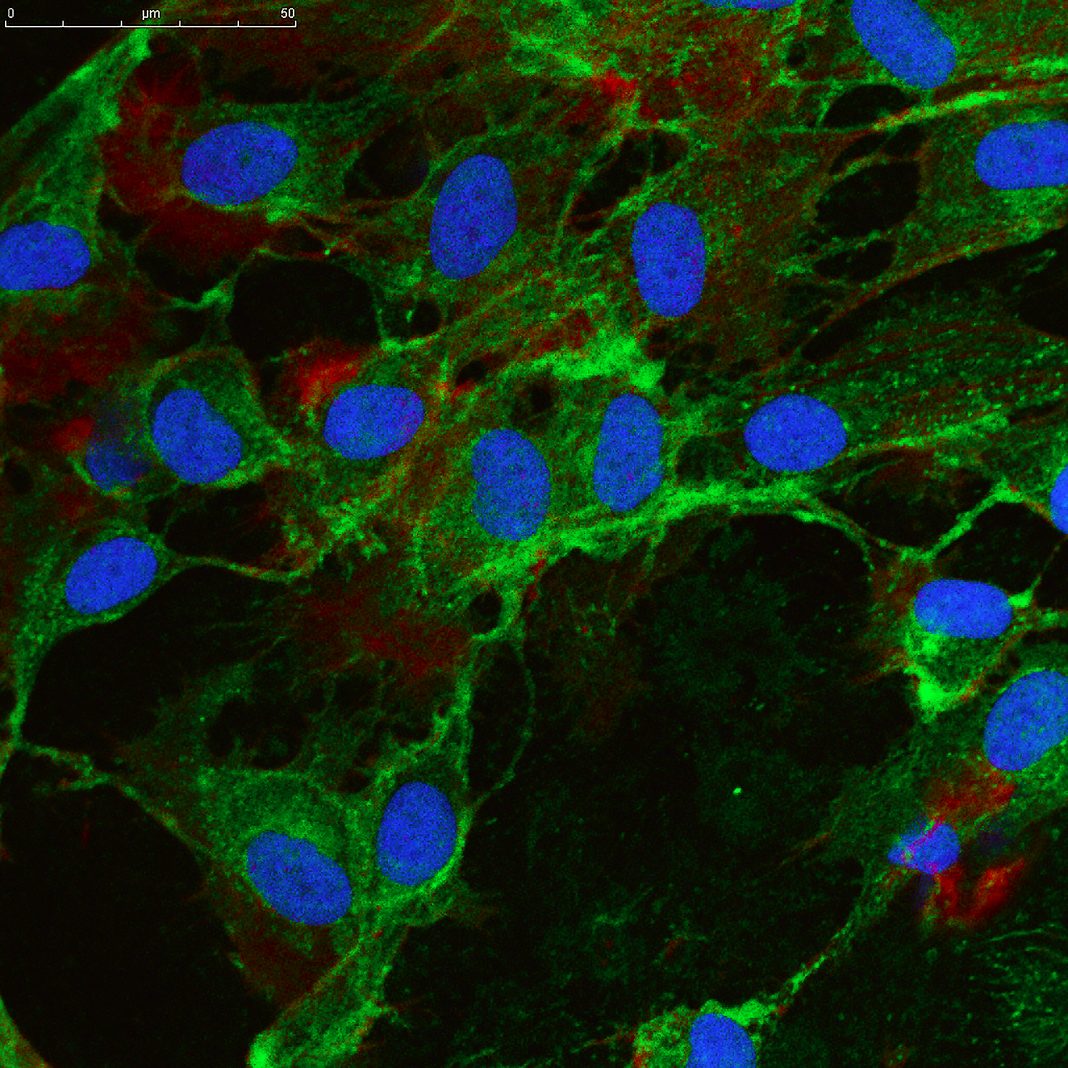Univercells Technologies entered into a partnership with RoosterBio, which supplies human mesenchymal stem/stromal cells (hMSCs), media, and hMSC bioprocess systems. The partnership will focus on optimizing the manufacturing of extracellular vesicles (EVs) using scalable and continuous bioprocessing technologies to advance the commercialization of regenerative therapies.
The goal is to deliver complete solutions for exosomes manufacture, leveraging Univercells Technologies’ intensified and integrated platforms and RoosterBio’s hMSC bioprocess and media systems, according to officials at both companies. As part of the partnership, RoosterBio will establish an EV production process using hMSCs from microcarriers in the scale-X™ hydro fixed-bed bioreactor, which features 2.4 m² of surface for cell growth.
Following initial optimization to confirm cell growth, productivity, and product quality, the companies will collaborate in the development of a continuous process in perfusion mode. Through the use of intensified and integrated technologies, this joint effort is designed to enable developers to accelerate timelines, reduce costs, and manufacture their regenerative therapies via a scalable, commercially viable platform,” explains Tim Kelly, CEO of RoosterBio.
”We are continuously seeking disruptive technologies to expand the impact of our innovative hMSC and EV products and bioprocess solutions,” he says. “Together, Univercells Technologies and RoosterBio [are focused on] reducing complexity and costs to make these life-saving therapies accessible for all patients.”

“Exosomes have emerged as a promising technology for advanced therapies such as viral vaccines and gene therapies. We are proud to partner with RoosterBio to demonstrate how purposefully designed technologies such as the scale-X bioreactor portfolio can enable the rapid delivery of reliable and affordable regenerative therapies,” adds Mathias Garny, CEO of Univercells Technologies.
Both companies will look into extending this study among scale-X carbo bioreactors (10 m2 and 30 m2 growth surface) with integrated in-line product concentration enabling continuous exosome manufacturing.


